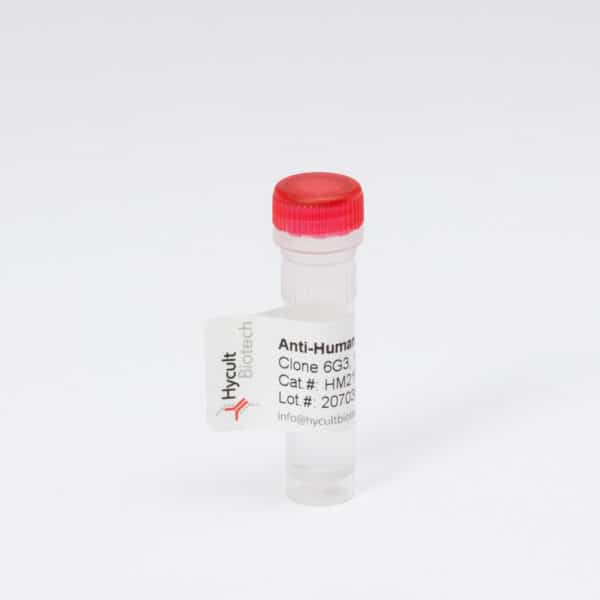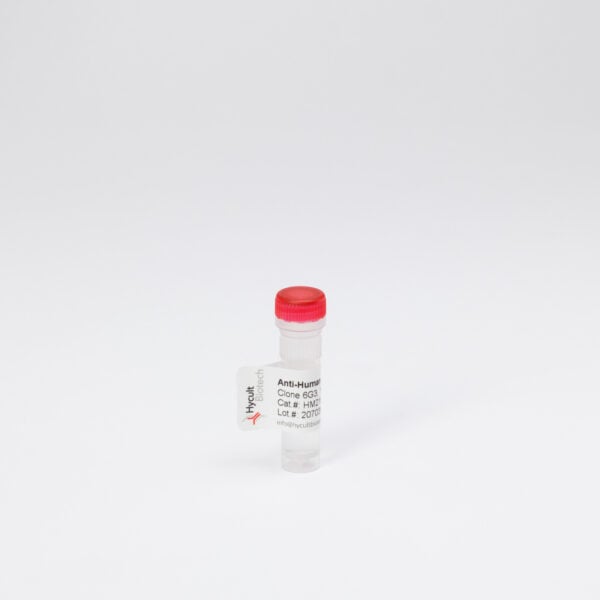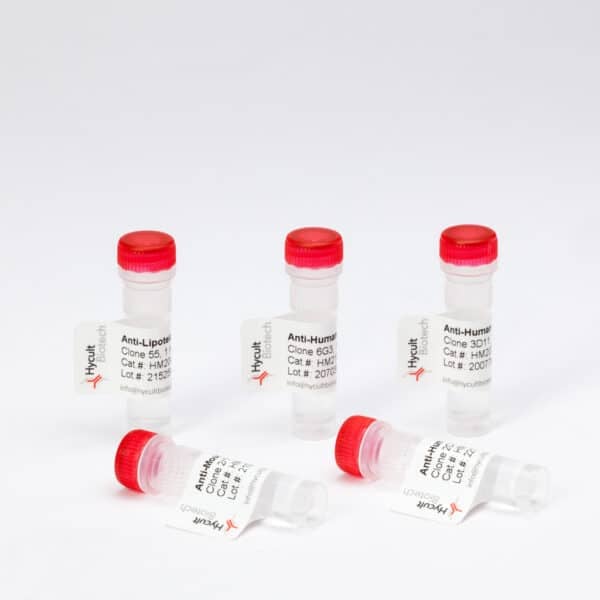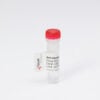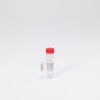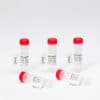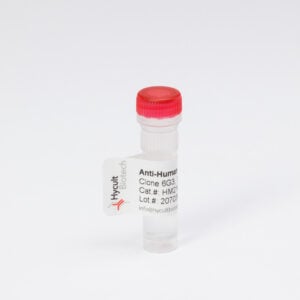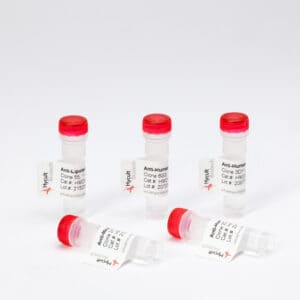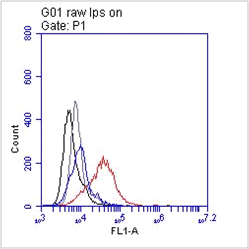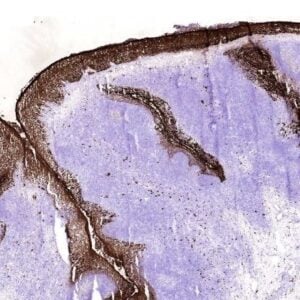B-FABP, Human, pAb
€133.00 – €456.00
The polyclonal antibody recognizes human brain fatty acid binding protein (B-FABP) of both natural and recombinant origin. The B-FABP protein is derived from the human FABP7 gene. FABPs are small intracellular proteins (~13-14 kDa) with a high degree of tissue specificity that bind long chain fatty acids. They are abundantly present in various cell types and play an important role in the intracellular utilization of fatty acids, transport and metabolism. There are at least nine distinct types of FABP, each showing a specific pattern of tissue expression. Due to its small size, FABP leaks rapidly out of ischemically damaged necrotic cells leading to a rise in serum levels. Ischemically damaged tissues are characterized histologically by absence (or low presence) of FABP facilitating recognition of such areas. B-FABP is localized in the brain and other neural tissues.
Related products
-
View product €133.00 – €276.00
-
View product €359.00
-
View product €510.00
-
View product €510.00
-
View product €133.00 – €368.00
-
View product €133.00 – €456.00
-
View product €133.00 – €276.00
